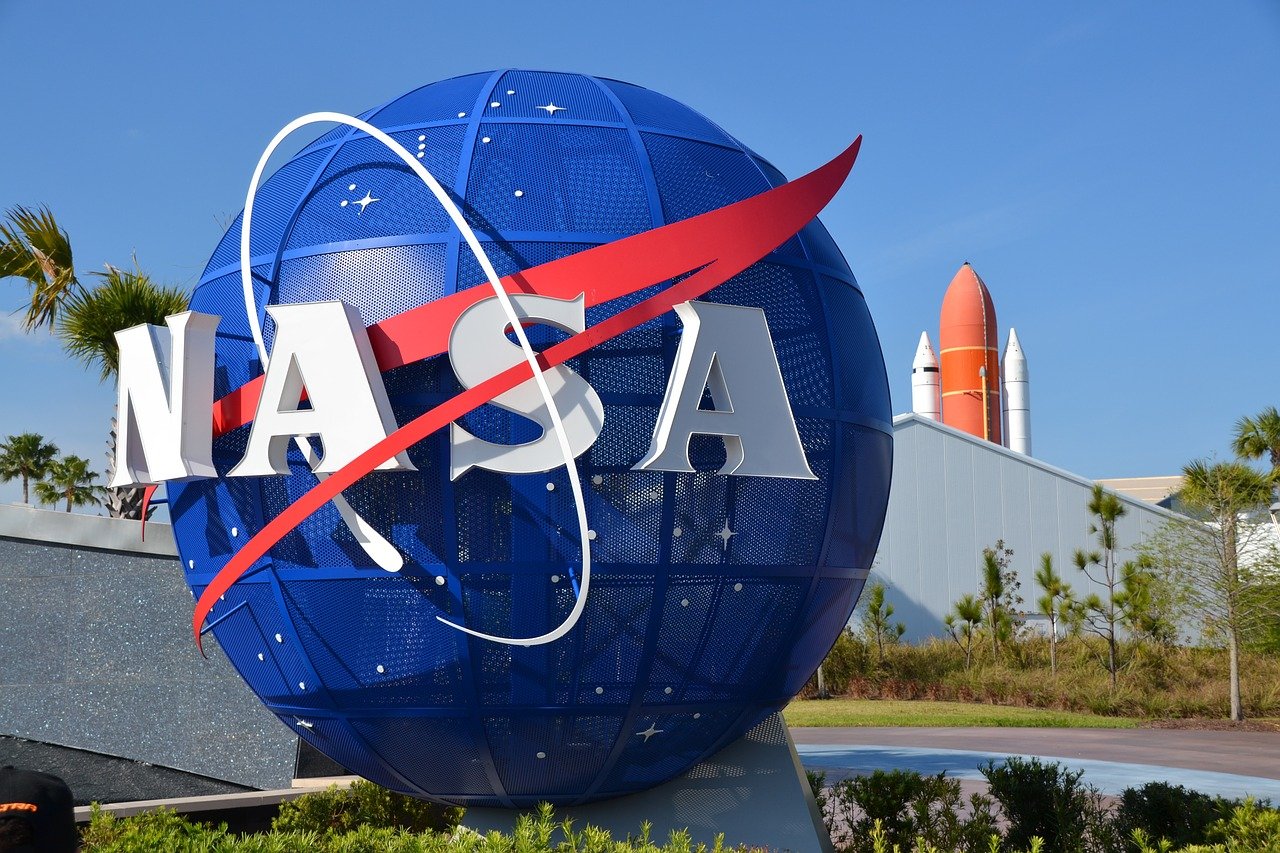Science News Roundup: NASA rover Perseverance collects first Martian rock sample; U.S. university, energy firm hail test of energy fusion project and more
Tools attached to Perseverance and operated by mission specialists from NASA's Jet Propulsion Laboratory (JPL) near Los Angeles drilled a rock core slightly thicker than a pencil from an ancient Martian lake bed, then hermetically sealed it in a titanium specimen tube inside the rover. Explainer - Beyond Delta, scientists are watching new coronavirus variants The continued spread of the SARS-CoV-2 virus has spawned a Greek alphabet of variants - a naming system used by the World Health Organization (WHO) to track concerning new mutations of the virus that causes COVID-19.

Following is a summary of current science news briefs.
U.S. university, energy firm hail test of energy fusion project
Massachusetts Institute of Technology and Commonwealth Fusion Systems successfully tested the world's most powerful high-temperature superconducting magnet in a step toward building a fusion power plant to generate carbon-free power. Italian energy group Eni is a shareholder in CFS, a fusion energy research company spun off by MIT, after investing $50 million in 2018 and led CFS' Series A funding.
NASA rover Perseverance collects first Martian rock sample
NASA's Mars science rover Perseverance has collected and stashed away the first of numerous mineral samples that the U.S. space agency hopes to retrieve from the surface of the Red Planet for analysis on Earth. Tools attached to Perseverance and operated by mission specialists from NASA's Jet Propulsion Laboratory (JPL) near Los Angeles drilled a rock core slightly thicker than a pencil from an ancient Martian lake bed, then hermetically sealed it in a titanium specimen tube inside the rover.
Explainer - Beyond Delta, scientists are watching new coronavirus variants
The continued spread of the SARS-CoV-2 virus has spawned a Greek alphabet of variants - a naming system used by the World Health Organization (WHO) to track concerning new mutations of the virus that causes COVID-19. Some have equipped the virus with better ways of infecting humans or evading vaccine protection. Scientists remain focused on Delta, now the dominant variant around the world, but are tracking others to see what may one day take its place.
Marine creature dubbed 'the mothership' was primordial scourge
About 506 million years ago, a strange marine creature whose body so resembled a science-fiction spacecraft that it has been dubbed 'the mothership' thrived in tropical seas, menacing prey on the ocean floor in what is now Canada as one of Earth's largest predators to that point in time. Scientists on Wednesday announced the discovery of fossils of a Cambrian Period arthropod named Titanokorys gainesi in Kootenay National Park in the Canadian Rockies, within a vast rock formation called the Burgess Shale.
South Korean researchers create chameleon-like artificial "skin"
South Korean researchers say they have developed an artificial skin-like material, inspired by natural biology, that can quickly adjust its hues like a chameleon to match its surroundings. The team, led by Ko Seung-hwan, a mechanical engineering professor at Seoul National University, created the "skin" with a special ink that changes colour based on temperature and is controlled by tiny, flexible heaters.
(This story has not been edited by Devdiscourse staff and is auto-generated from a syndicated feed.)
ALSO READ
Canadian Universities Forge Stronger Ties with India in Groundbreaking Mission
TKMS Eyes Billion-Dollar Canadian Submarine Deal with Diverse Investment Package
Canadian tourist found dead on Australian beach surrounded by dingoes
Canadian woman found dead on Australian beach in suspected dingo attack
PM Carney weighs sending soldiers to Greenland, reports Canadian media










